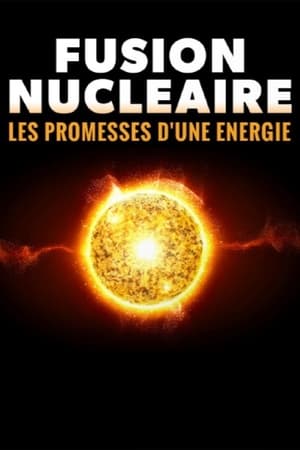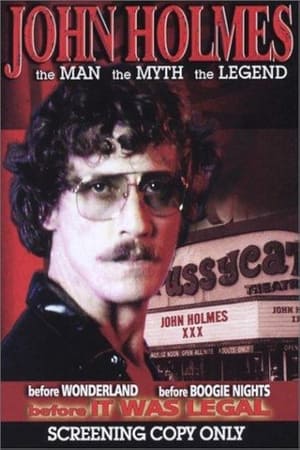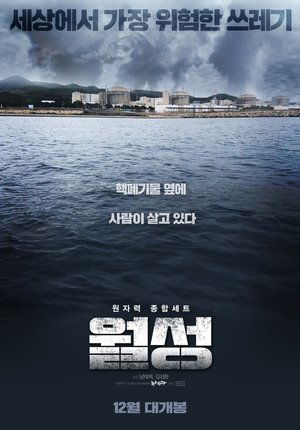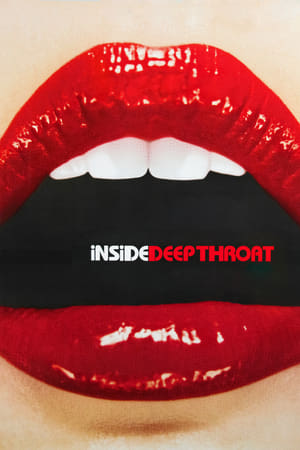Overview
In this thrilling documentary, indomitable women fight back against the nuclear industry to expose one of the biggest cover-ups in US history: the 1979 Three Mile Island meltdown and its aftermath. The film reveals the never-before-told stories of four intrepid homemakers who take their case all the way to the Supreme Court, and a young female journalist who's caught in the radioactive crossfire.
Reviews
Given the blatantly self-serving attempts at spin, unrepentant obfuscation and outright lying that we see so much of these days coming from officialdom, big business and the media, it’s no wonder that so many of us have become fed up with such brazenly untruthful tactics. And that’s not just activists and advocates saying this – it’s a growing sentiment from everyday citizens who’ve tired of the practice of unbridled deliberate deception. Such actions may have been harder to spot years ago, but, when life-threatening circumstances are on the line, it’s inspiring to see how quickly and fervently riled-up individuals can get. That was the case with what happened in the wake of the 1979 Three Mile Island nuclear accident, when it became obvious that falsely reassuring messages about the allegedly trivial nature of the incident began to become apparent to the Pennsylvania locals who resided in the danger zone and suffered the consequences that came from it. A groundswell of protests spearheaded by four courageous women and their ardent attorneys emerged, even if those efforts did not receive much attention at the time. However, this debut documentary feature from writer-director Heidi Hutner, a professor of sustainability studies at Stony Brook University, seeks to change all that by bringing the stories of these determined advocates to light – as well as making known just how serious this downplayed incident really was. Through a series of interviews with the movement’s principals, as well as a wealth of archive footage from the time, audiences witness what these individuals went through personally and as leaders of a campaign where they met pervasive resistance, condescending gender discrimination and ongoing intimidation from corporate and government sources. This offering also features first-time interviews with an insider/whistleblower who worked at the plant and with actress/social activist Jane Fonda, whose film “The China Syndrome” (1979), a fictional depiction of a nuclear power plant disaster, ironically premiered only two weeks before this real world event unfolded. Hutner’s release, which has now become available for streaming, on home media and at special screenings, presents a powerful, damning indictment of how ineptly this incident was handled and a heroic profile of the outspoken champions who were willing to go all-out, despite the obstacles, to make their case known. Even if they didn’t garner the attention they deserved at the time, this film helps to make up for that, shining a bright light on the reckless carelessness of those willing to place their own interests ahead of the welfare of innocent victims – and how those victims fought back to make their voices heard.

 76 min
76 min
 6.3
6.3
 2024
2024
 USA
USA
 Brent Marchant wrote:
Brent Marchant wrote:


















